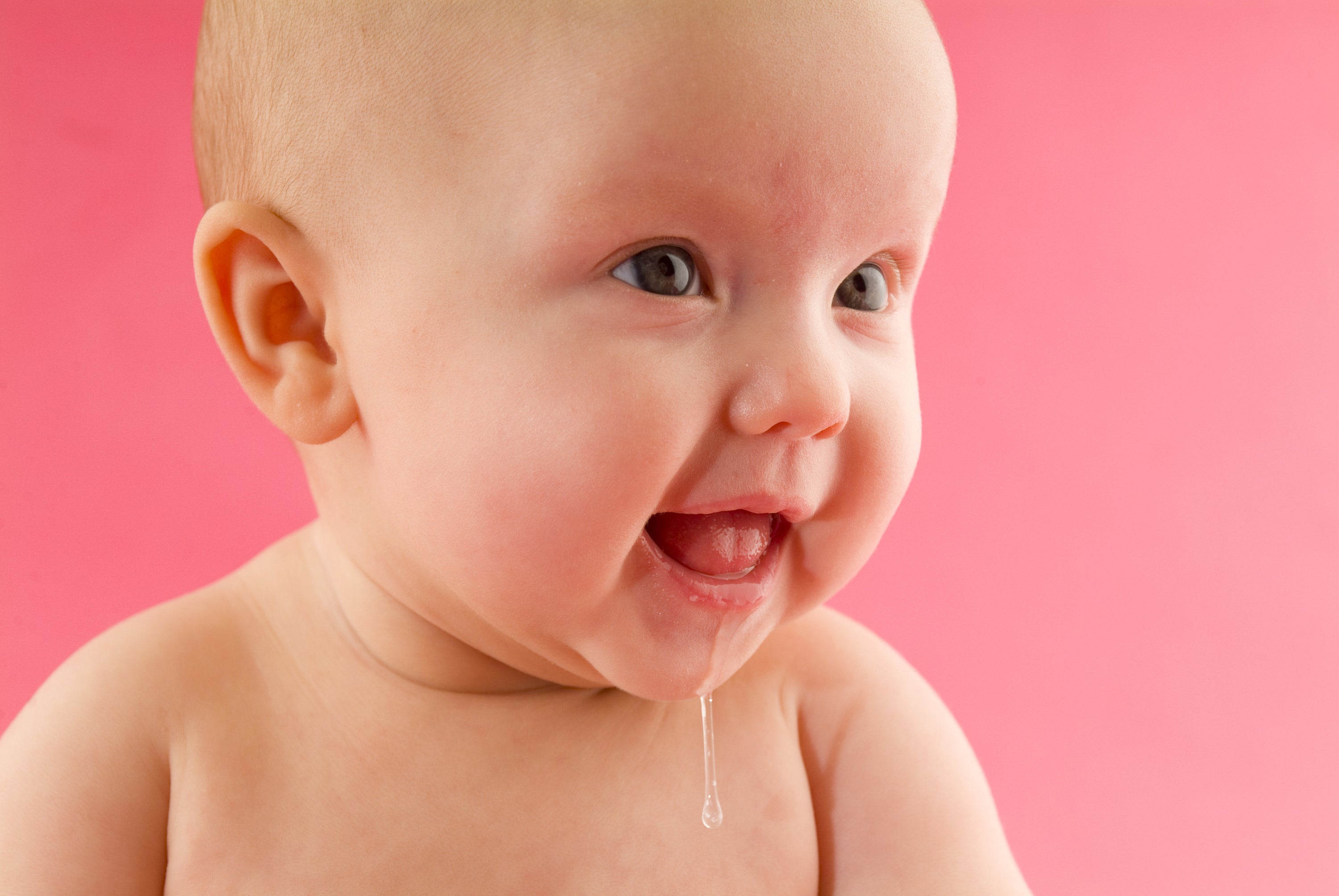What is Saliva ?

Have you ever stopped to think about the marvel that is saliva? That's right, that watery substance sloshing around in your mouth has more going on than you might realize. Let's dive into the world of saliva and uncover its secrets.
What exactly is saliva?
Saliva, also known as spit (yes, we're getting real technical here), is a clear liquid produced by the salivary glands in your mouth. It might not seem like much, but this stuff is a powerhouse of enzymes, electrolytes, and antibacterial properties. It's like a superhero protecting your oral health without you even realizing it.
Why do we need saliva?
Well, for starters, saliva helps break down food so you can actually swallow it (imagine trying to choke down a dry cracker without it - not a pretty picture). It also keeps your mouth moist, which is essential for speaking, tasting, and overall comfort. Plus, saliva helps prevent tooth decay by washing away food particles and neutralizing acids.
What else can saliva do?
Believe it or not, saliva can also act as a diagnostic tool. Doctors can analyze saliva to detect certain diseases or drug use. It's like your spit is a little messenger, carrying important information about your health.
So, the next time you're tempted to spit out the window like a cowboy in an old western movie, remember that saliva is more than just a liquid in your mouth. It's a crucial player in keeping you healthy and happy. Embrace the spit, folks.
Saliva is a clear liquid made by several glands in your mouth area. It is mostly made of water, but it also contains important substances that help break down food and keep your mouth healthy.
What is the composition of saliva?
Saliva is composed of 99.5% water, but it also contains electrolytes, mucus, enzymes, and antibacterial compounds. These components work together to help with digestion, protect your teeth from decay, and keep your mouth moist.
What are the functions of saliva?
Saliva plays a crucial role in the digestion process. It helps moisten food to make it easier to swallow, and it contains enzymes that start breaking down carbohydrates and fats in your mouth. Saliva also helps protect your teeth by washing away food particles and neutralizing acids that can cause decay.
How much saliva do we produce?
The average person produces between 0.5 to 1.5 liters of saliva per day. The production of saliva can increase when you eat, smell food, or even think about eating. Saliva production tends to decrease as we age, which can lead to issues like dry mouth.
What can affect saliva production?
Several factors can affect the production of saliva, including dehydration, certain medications, smoking, and medical conditions like Sjögren's syndrome. It's essential to stay hydrated and maintain good oral hygiene to support healthy saliva production.
Overall, saliva is a vital fluid that plays a crucial role in maintaining your oral health and aiding in the digestion process. Understanding the composition and functions of saliva can help you appreciate the importance of this often-overlooked bodily fluid.








